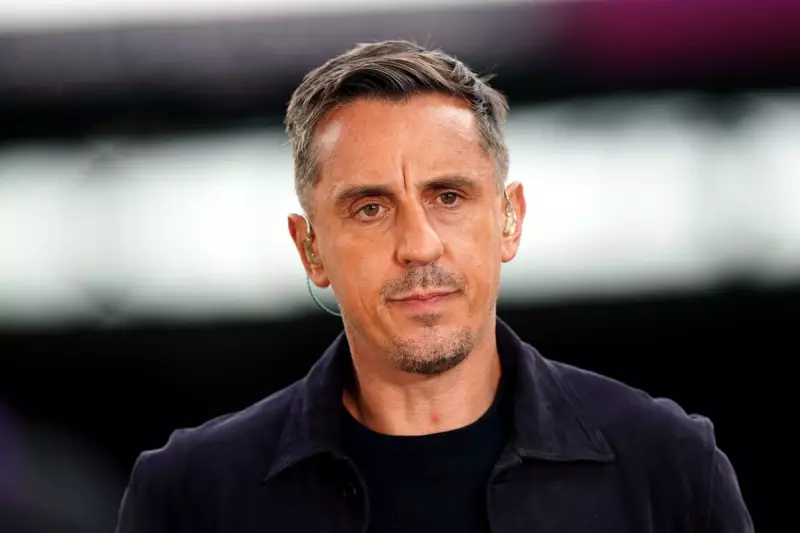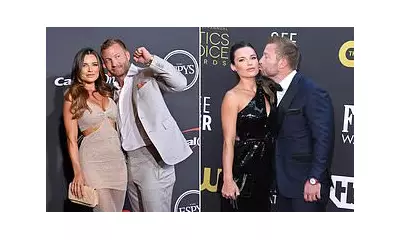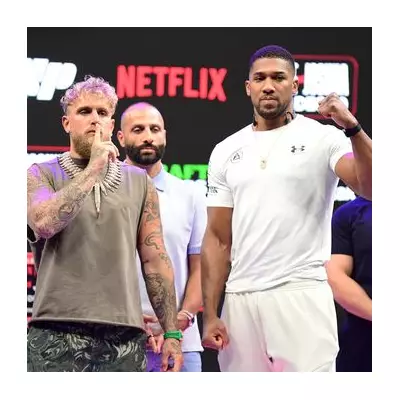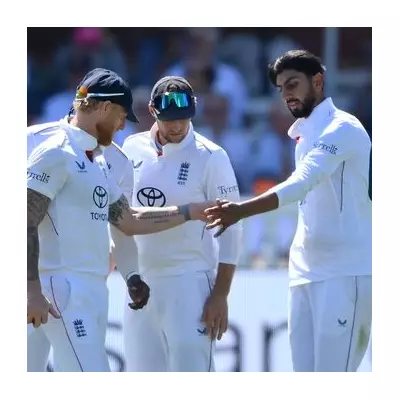
Football punditry was set alight this week as former Manchester United and England defender Gary Neville launched a scorching critique of the modern game's treatment of managers. The Sky Sports commentator, never one to shy away from controversy, took aim at the toxic culture of abuse and the increasingly trigger-happy nature of club ownership.
The catalyst for Neville's outburst was the dismissal of Karl Robinson, the former MK Dons, Charlton, and Oxford United boss. Neville used the occasion to highlight what he sees as a deeply entrenched and damaging problem within the sport.
A 'Disgusting' and 'Vicious' Environment
Neville didn't mince his words, describing the online abuse directed at managers as "disgusting" and the general environment as "vicious." He pointed to the intense, often personal, criticism levied at high-profile figures like Liverpool's Jurgen Klopp and Chelsea's Mauricio Pochettino, suggesting that such negativity has become a depressing norm.
"The cycle of what a football manager has to face now is vicious," Neville stated, painting a picture of a profession under constant siege from social media vitriol and fan impatience.
In Defence of the Gaffer
Speaking on his own podcast, The Overlap, Neville mounted a robust defence of managers, arguing they are set up to fail from the outset. He criticised the unrealistic expectations and the lack of time given to build a project, a philosophy, or simply a cohesive team.
His comments serve as a powerful defence of the managerial profession, urging fans and clubs alike to show greater patience and perspective, especially with those outside the elite Premier League bracket where resources and time are even more scarce.
From the Studio to the Dugout
Neville's views are undoubtedly shaped by his own brief but tumultuous stint in management at Valencia. His experience in Spain gave him a firsthand taste of the immense pressure and scrutiny managers face, a perspective that clearly informs his punditry today.
Now, as a co-owner of Salford City, he also sits on the other side of the table, involved in the decision-making processes that he so often critiques. This unique dual perspective adds significant weight to his arguments about the challenges of modern football leadership.
The football world is now left to ponder Neville's central question: has the beautiful game become an ugly, unsustainable environment for those in the dugout?





